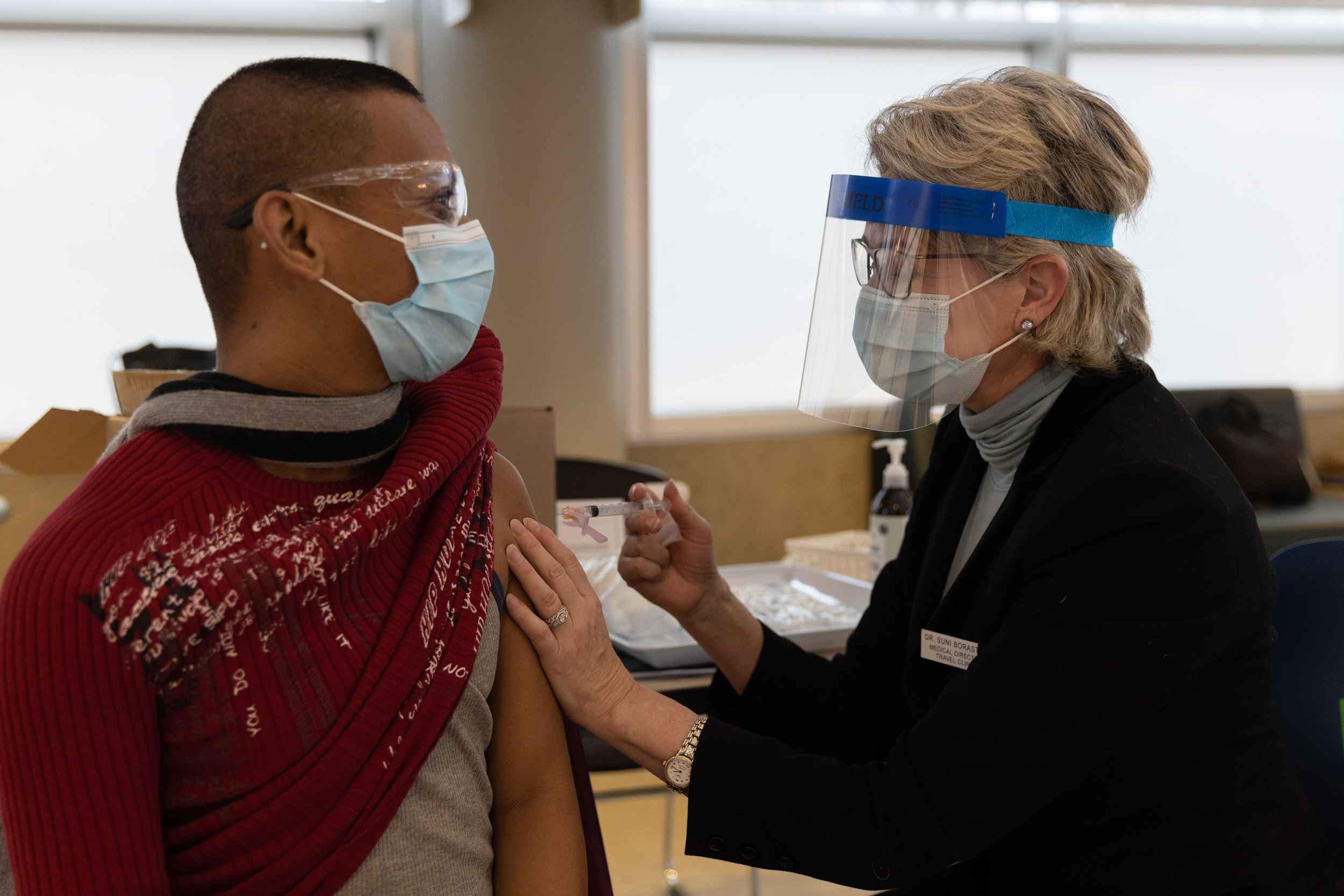Can employers require employees to get the COVID-19 vaccine? According to new guidance from the Equal Employment Opportunity Commission, the answer is yes.
On May 28, the EEOC issued updated guidance detailing that employers are indeed permitted to require workers to get the COVID-19 vaccine. Building off of previous guidance released in December, the EEOC now explains how employers should implement vaccine mandates, confirm employees’ vaccination, and set up vaccine clinics at the workplace.
Though employers can mandate vaccinations for employees, there are exceptions, including disability and religious protections. But the employer may not inquire about an employee’s disability status as part of COVID-19 screening. And all medical information collected must remain confidential.
Due to a disability, an employee may not receive the COVID-19 vaccine. According to the Americans with Disabilities Act, an employer must first determine if an unvaccinated employee poses a “direct threat” to other employees. If a “direct threat” status is determined, an employer must seek out reasonable accommodations that can be provided for an unvaccinated employee, such as enforcing mask wearing and social distancing in the workplace. If such reasonable accommodations are not possible, then an employer must consider other avenues, such as allowing an employee to work from home, unless doing so would pose an unreasonable burden on the employer.
Title VII of the Civil Rights Act of 1964 protects employees from mandatory vaccination due to religious beliefs. Similarly to disability exemptions, an employer would be expected to provide reasonable accommodations for an unvaccinated employee claiming religious beliefs prevent them from getting inoculated. The EEOC advises employers to believe employees claiming religious exemption. But, an employer can request information to support the claim if said employer has an “objective basis” that leads them to believe an employee is not telling the truth about their religious exemption.
Regardless of the reason why an employee is requesting exemption, the EEOC says the employer should rely on the most up-to-date medical information and rates of infection before determining the “direct threat” they pose in the workplace. Importantly, the EEOC recommends employers consider “all the options” before denying an employee’s request for accommodation.
Additionally, employers are now advised to provide accommodations to fully-vaccinated employees requesting accommodations due to vulnerabilities, such as being immunocompromised.
The coronavirus pandemic, and its impact on employees, is complicated and ever changing. For more information about employment concerns related to COVID-19, visit our FAQs page.
If you or someone you know has been a victim of COVID-19 employment issues, our skilled attorneys at Kennedy Hunt, P.C. may be able to help you. Fill out a questionnaire so we can understand your claim.

